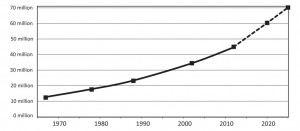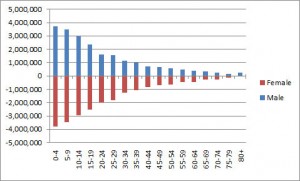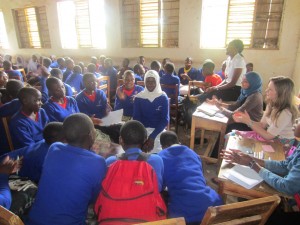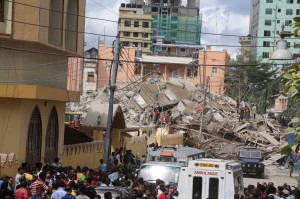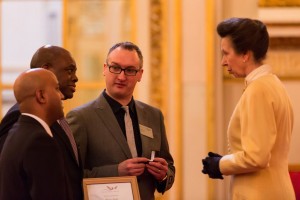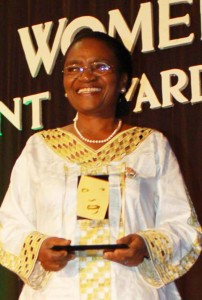Father Evarist Mushi, a 55 year old Roman Catholic Priest, was shot dead on February 17th, in Mtoni near Stone Town, Zanzibar. Just two days later, a church was burnt down, also on Zanzibar. This brings the total of attacks on religious institutions in Tanzania in recent years to
26. (The Guardian)
President Kikwete spoke about the rising religious tensions in his monthly address to the nation at the end of February. He expressed his shock at the situation, asking “Tanzanians have never been this way… what has happened?
“The government will not hesitate to take action against people who are promoting religious hate, defiling holy books and those who ridicule others’ beliefs… I have reminded the police and other authorities not to take these issues lightly.”
Some have drawn a link between these attacks and terrorism, including the East African newspaper. This claim has been lent credibility by reports that US agencies are supporting the investigation into Father Mushi’s murder. Others link the attacks to a growing separatist movement on Zanzibar, which seeks independence from mainland Tanzania.
Attacks have not been limited to the Isles, however. Also in February, the small town of Buseresere, Geita region, witnessed the beheading of Rev Mathayo Kachila, a pastor with the Tanzanian Assemblies of God church amid religious clashes. This incident and the rioting in Tunduma (see below) related to disputes over whether Christians should have the right to slaughter animals for public consumption. Earlier violence in Dar es Salaam has targeted both Muslims and Christians.
At the beginning of April riots in Tunduma on the Tanzania/Zambia border caused the Tanzanian authorities to temporarily close the border. According to the Citizen, the clashes were over ‘religious misunderstandings’ on slaughtering rituals in the border town. The rioting erupted after a crowd gathered to oppose the idea that it was Muslims alone who were permitted to slaughter animals. All social and economic activities were forced to stop for several hours. According to the police, a group of hooligans demanded that Christians should also be allowed to slaughter animals and then proceeded to the Mwaka area in Tunduma, where they destroyed a mosque that was under construction. Two people, including a police officer, were seriously injured and forty others were arrested. Police in Mbeya Region ordered the Tunduma Ward Councillor Frank Mwakajoka and a pastor of the Evangelical Lutheran Church of Tanzania (ELCT), Gidion Mwamafupa, to surrender themselves to the police for allegedly fuelling the violence.
The head of the Catholic Church in Tanzania, Polycarp Cardinal Pengo, used his Easter greetings to accuse the police of failing in their duty to maintain order. “I cannot say that I am satisfied with investigations into the killing of the priest,” he said, in reference to Father Mushi. He went on to call for open dialogue between the Muslim and Christian communities. (The Citizen)
This call has been echoed by politicians of all stripes. James Mbatia MP, NCCR-Mageuzi chairperson, said in his capacity as chair of the multiparty Tanzania Centre for Democracy (TCD) “We have collectively agreed with religious leaders to discuss the tense situation and find a solution.” CUF national chairman Ibrahim Lipumba said national leaders should be brought together for discussions to be chaired by President Jakaya Kikwete. CCM Secretary for Ideology and Publicity Nape Nnauye also said religious leaders should to meet for talks and find a permanent solution to the situation. (The Citizen)

